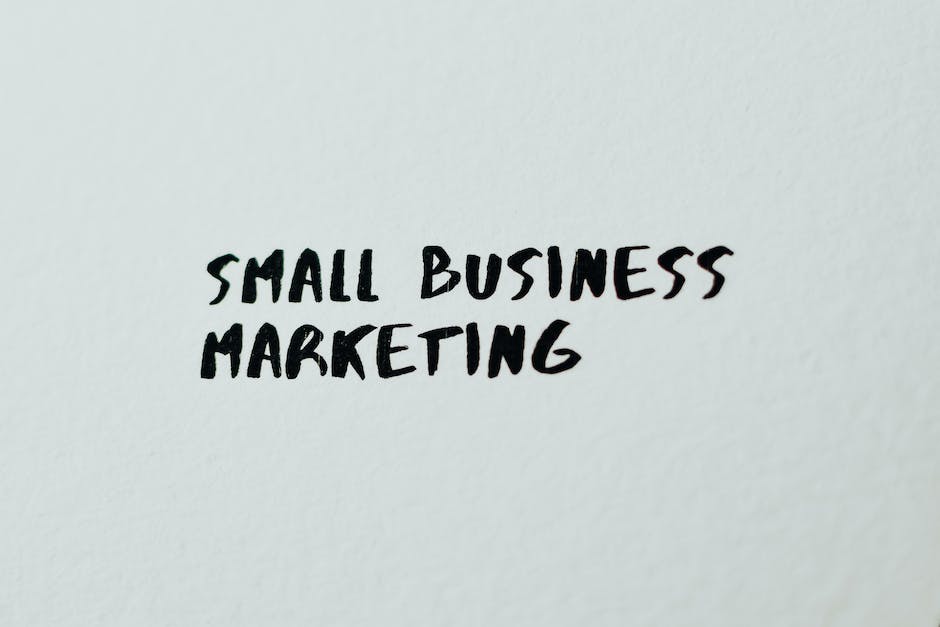The Psychological Appeal of Clubhouse (Does it Work for Brands?)

Clubhouse is the ‘app du jour.’ A throwback, it is audio-only for drop-in discussions, serendipitous meetings, and eavesdropping without shame. Popular with marketers and Influencers, there is a heavy undercurrent of purposeful audience building for monetization.
The Rise of Clubhouse
In the wake of Zoom fatigue, the rising popularity of the social audio (aka voice-only) app Clubhouse makes a lot of sense
- The cancellation of most professional events and the normalization of virtual communication has made the opportunity to network with the chance of meeting luminaries hard to resist
- Clubhouse feels like a cross between WhatsApp and LinkedIn or a fluid and participatory podcast
- Influencers are swarming the app, looking for ways to monetize the experience
Considerations For Individual Users
If monetization is your goal, your bio is super important
- You can link your Clubhouse membership to Instagram and Twitter so people can contact you directly
- There’s no chatting in Clubhouse but some moderators ask people to DM them in Instagram to follow up on potential opportunities
- The only way to figure out if it is of value to you is to try it and figure out your goals to see if spending time and effort on the app helps or hurts
Curiosity
Anything that is exclusive is instantly more desirable.
Socially-sanctioned Eavesdropping
It has the thrill of voyeurism and eavesdropping but with the shame
Social Influence and Illusions of Authority
There is an added level of exclusivity in how each room (conversation) has moderators, like a panel of experts
- They are on the “stage,” which triggers metaphors of performance, keynotes, and the like, giving those on the stage an aura of authority
- But do they really know anything? Are they really “important”?
Monetization Opportunities
There is a pronounced focus on building audiences, starting personally-branded clubs, and a generally high level of self-promotion, from tips to overt selling
Considerations for Brands
Because discussions occur in rooms, they are easier to control and, therefore, sponsoring one is safer for brands
- Each room provides a dedicated audience if the branded content is relevant and of value to the conversation taking place
- However, conversation is the key. Audio-only relies on more subtle and authentic factors than typically drive advertising
- It’s easy for the audience to leave with a bad taste in their mouth
Serendipity
Curiosity fuels the appeal of serendipity – the sense you might actually run into someone really interesting or well-known
Emotional Resonance
Clubhouse is a nice counterpoint to Zoom fatigue



Comments ()